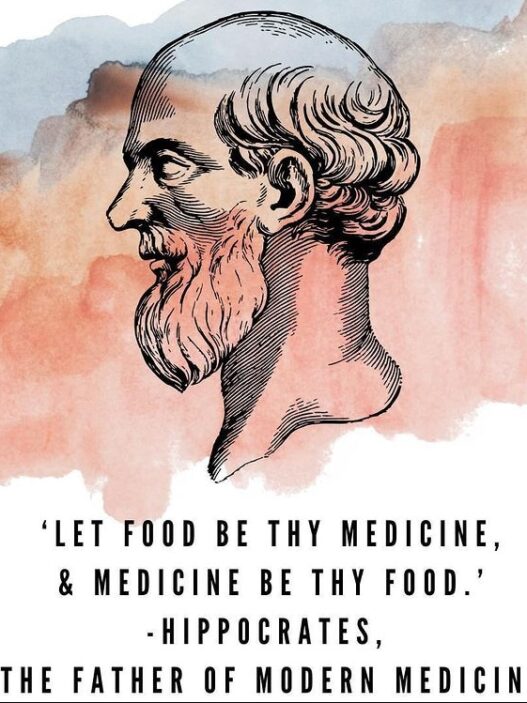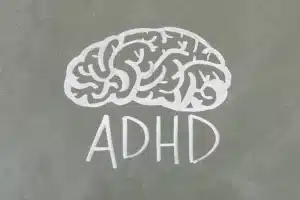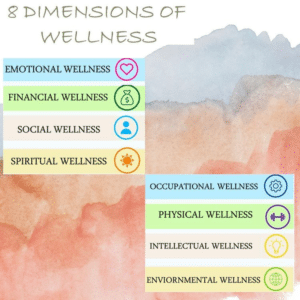Cancer and its related treatments are often scary, both physiologically and psychologically. Patients undergoing bone marrow transplant (BMT) have many insults that can significantly affect their ability to eat and absorb nutrients. These events can occur during the initial bone marrow transplant phase or at any point during bone marrow transplant recovery.
The high-dose chemotherapy and radiation therapy that is required before transplant and complications after the transplant can cause multiple, frequent, and severe gastrointestinal (GI) issues that often lead to poor oral intake. Malnutrition is often a consequence.
Common problems post bone marrow transplant:
Some of the common side-effects or problems than can result in decreased food intake post bone marrow transplant are:
Mucositis of the Gut
It is the inflammation of the inner lining of the gut and it can be very painful. The condition significantly affects food intake and absorption for up to 2–3 weeks after a bone marrow transplant. I have seen a patient with such severe mucositis that he couldn’t even drink water. In such severe cases, nutrition through veins (parenteral nutrition) is the option.
Acute Graft-versus-host-disease
It is a condition that occurs when donor bone marrow or stem cells attack the recipient. This is a major complication that can occur from 7–10 days to ≤3 months after allogenic bone marrow transplant in 30–60% of patients during recovery. It is characterized by diarrhoea with or without nausea, vomiting, abdominal pain, etc.
Dry mouth and throat sores
Dry mouth and throat sores are common after a bone marrow transplant during recovery. They may be caused by chemotherapy, total body irradiation, or infection.
Change in taste
Nutritional requirements for bone marrow transplant recovery
Nutritional needs are increased post bone marrow transplant during recovery. This increase in caloric and protein intake will help fight infection and repair any tissue damage caused by the transplant and will aid in bone marrow transplant recovery.
- Energy requirements may be increased by 130-150% after bone marrow transplant.
- Negative nitrogen balance (imbalance between protein breakdown and synthesis) is common post bone marrow transplant which means protein needs are also elevated during bone marrow transplant recovery and the patient may require 1.2-2g/kg body weight daily protein intake.
- Lipids should constitute 30-40% of total energy including both easily digestible medium chained triglycerides (MCTs) and long-chain monounsaturated fatty acids (MUFA) and polyunsaturated fatty acids (PUFA) during bone marrow transplant recovery.
- Although all vitamins and minerals needs are important, antioxidants such as vitamins A, E, C, zinc, selenium, etc. are much more needed during bone marrow transplant recovery.
Oral intake should be encouraged and be the preferred route of feeding. If oral intake is inadequate and any side effect post bone marrow transplant occurs, only then tube feeding should be started. Nutrient supplements should only be taken if need be. However, initially, nutrients are usually administered through tube feeding or parenterally because of the inability of the patient to take them orally post bone marrow transplant.
Tips for recovery if you or your loved ones have undergone a bone marrow transplant
- Practice hygienic measures while cooking or else as there is a high risk of infections in the first few months.
- Cook foods thoroughly. Avoid raw foods initially to minimize the risk of infection. Eat thoroughly washed thick-skinned fruits if taken raw.
- Eat freshly prepared home-cooked foods.
- Have your food neither too hot nor too cold.
- If you have mouth sores, drink through the straw.
- Have soft foods such as mashed potato, khichdi, custards, etc.
- Drink lots of fluids.
- Eat small, frequent meals
- Nutrient-dense foods such as smoothies, custards, etc. with powdered nuts
- Practice good mouth and dental care to decrease the risk of infection
What to avoid during bone marrow transplant recovery
- Raw or undercooked foods such as meat, cheeses, etc.
- Strong spicy foods
- Extremely hot foods or beverages
- Caffeinated beverages such as tea/coffee, carbonated drinks, and alcohol
- Street or restaurant foods because you don’t know how hygienic it is
- High-fat foods that are tough to digest

Anuradha Sharma, MSc, Clinical Nutrition is a Dietitian and an Entrepreneur, one of the founders of The Basic Meals. She specializes in Diabetes care, Child Nutrition, Obesity management, Disease nutrition care (Heart disease, Kidney Disease, Liver disease, Metabolic Syndrome). Anuradha is based at Kolkata.










